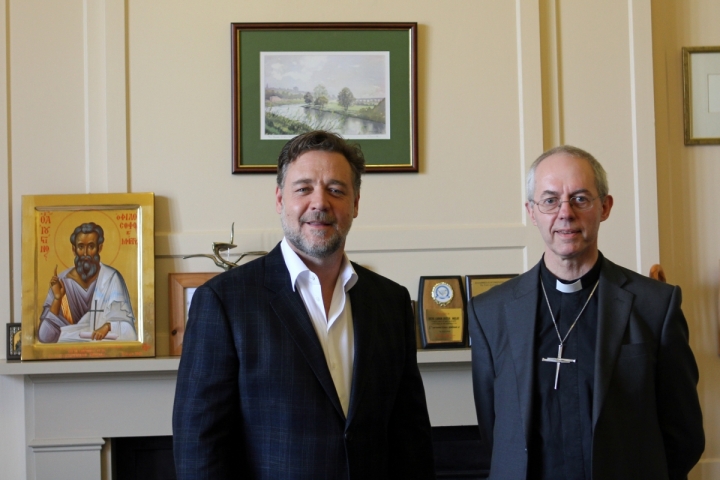Justin Welby’s recipe for holding the Anglican Communion together was elucidated in his address to synod:
Already I can hear the arguments being pushed back at me, about compromise, about the wishy-washiness of reconciliation, to quote something I read recently. But this sort of love, and the reconciliation between differing groups that it demands and implies, is not comfortable and soft and wishy-washy. Facilitated conversations may be a clumsy phrase, but it has at its heart a search for good disagreement.
[…..]
We have received a report with disagreement in it on sexuality, through the group led by Sir Joseph Pilling. There is great fear among some, here and round the world, that that will lead to the betrayal of our traditions, to the denial of the authority of scripture, to apostasy, not to use too strong a word. And there is also a great fear that our decisions will lead us to the rejection of LGBT people, to irrelevance in a changing society, to behaviour that many see akin to racism. Both those fears are alive and well in this room today.
We have to find a way forward that is one of holiness and obedience to the call of God and enables us to fulfil our purposes. This cannot be done through fear. How we go forward matters deeply, as does where we arrive.
In attempting to resolve the disagreements in his church about sexuality, Rowan Williams tried to find a middle ground between the opposing views. He used Indaba groups to do this. He didn’t succeed partly because there was no middle ground to find and partly because, even if it had been found, anyone with any common sense knew that once the mythical entity was spotted, it would immediately start to drift leftward.
Justin Welby has astutely noticed that Rowan’s efforts were a dismal failure so, rather than look for a half-way point between opposing views, he is seeking, through the odious tedium euphemistically known as “facilitated conversations”, to convince polar opposites to coexist within one organisation – he calls it “good disagreement”. What will prevent the whole thing flying apart is “love” – it’s all you need, after all.
At heart, I am a simple minded computer technician and, through bitter experience, I have been forced to reach the conclusion that if I write a program in which false and true propositions are compelled to coexist, disaster will ensue. Programmers are renowned for being sentimentally attached to their creations but, no matter how much love I pour into it, a routine whose rules of logic include (1 ∨ 0 = 0) ∧ (1 ∨ 0 = 1) = 1 is destined for spectacular failure.
Now, you may say, that’s all very well for computers; they are by nature binary, almost Kierkegaardian in their Either/Or obsessiveness. When it comes to sexuality and the Church one must expect diverse opinions, differing interpretations, loving disagreement. Complete nonsense. If the church can’t come up with a unified view on a subject which it has been pondering for 2000 years, something whose boundaries are clearly prescribed by the book it claims to follow, something – morality – in which it supposedly specialises, then it is time for the clergy to call it day, dissolve their institutional church and find more useful employment.
Like this:
Like Loading...


 From
From